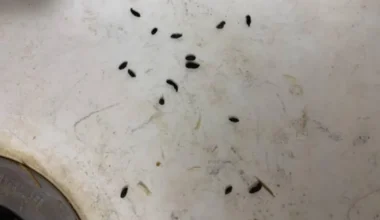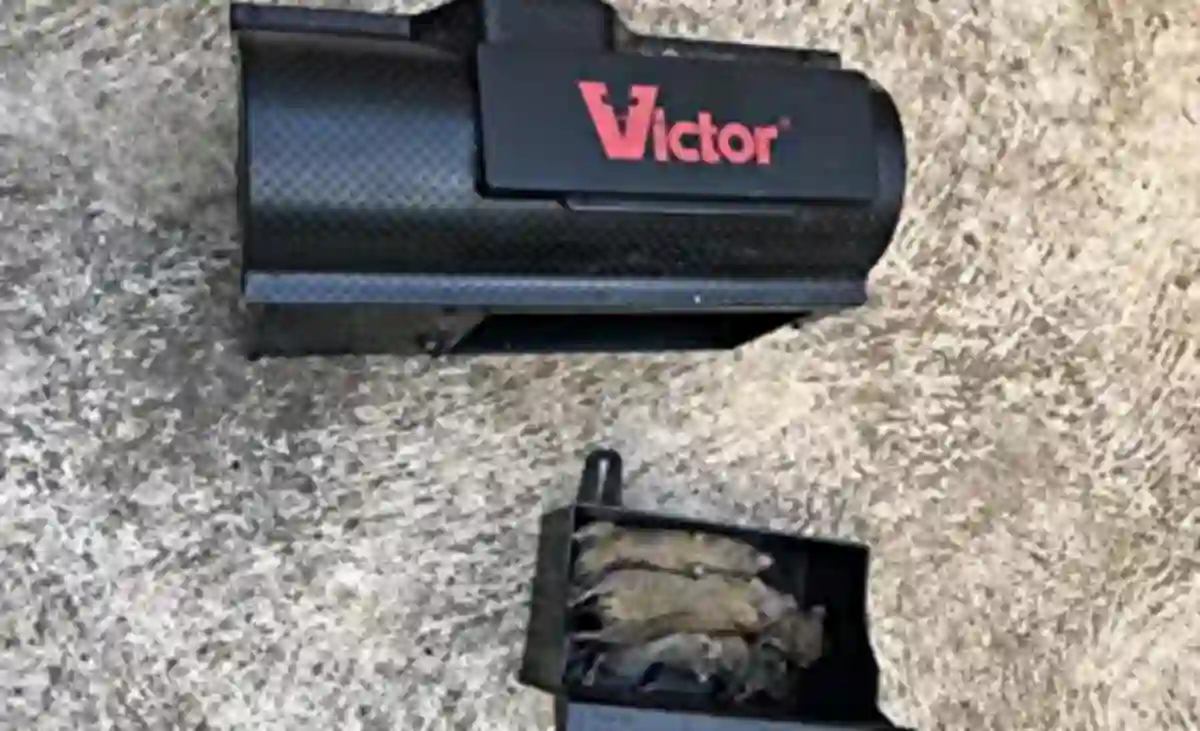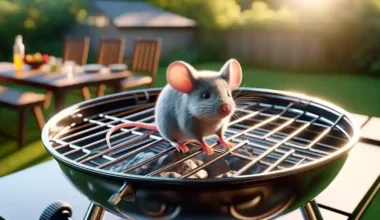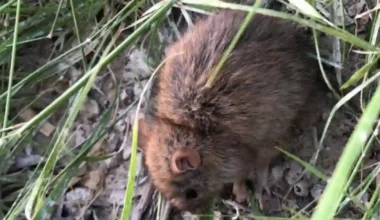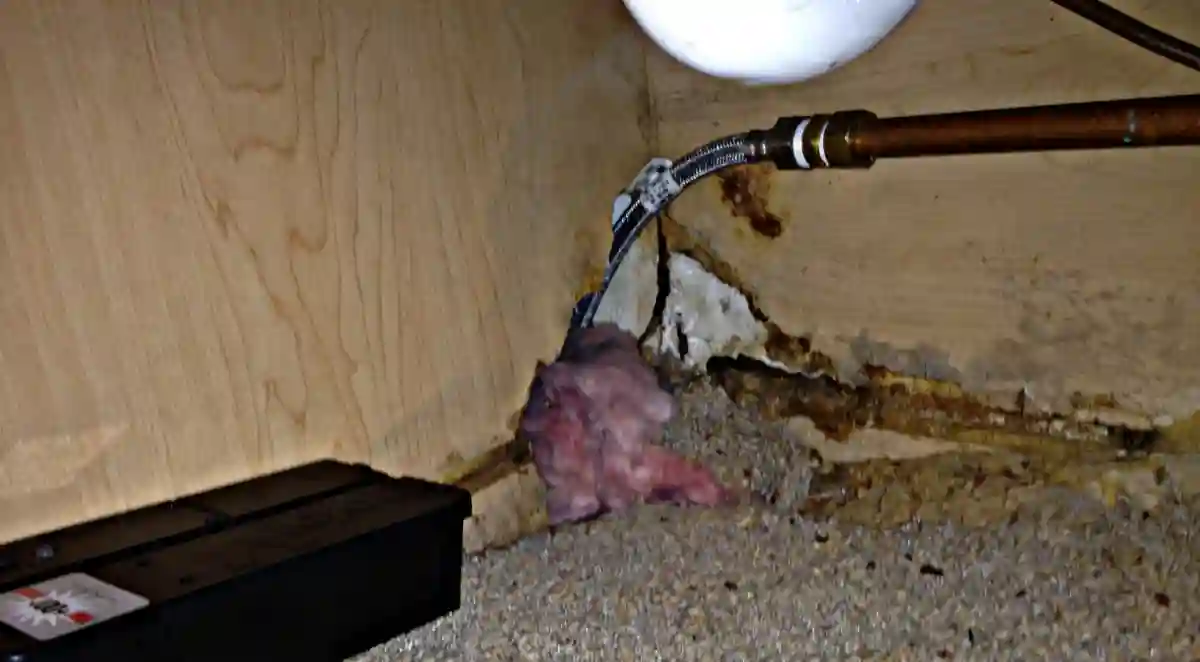Rats have a notorious reputation for gnawing on just about anything, and unfortunately, your car’s wiring is not immune to their sharp teeth. When these critters infiltrate your engine, the resulting damage and complications can be quite expensive to remedy. Since this is an issue that can impact nearly any type of vehicle, it’s wise to take preventative measures to prevent rats from eating car wires.
How to prevent rats from eating car wires
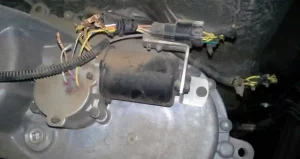
Here are the ways to avoid costly damage and prevent rats from eating car wires:
- Park in a clean area
- Set traps near your vehicle
- Use deterrent sprays or ultrasonic devices
- Seal off any openings in your car
- Leave the hood open when parked
- Eliminate any hiding spots near the car
- Drive your vehicle regularly
- Don’t leave food in the car
1. Park in a clean area
The most effective way to prevent rats from nesting in and eating wires in your car is to maintain cleanliness and ensure there is no food waste in or around it. Rodents prefer places where they can find a readily available food source.
Whenever possible, park your car on concrete or asphalt rather than dirt or grass. Remove any debris, such as leaves, from around your car. Park in a closed garage whenever available. Moving and running your car frequently can deter rodents from taking up residence.
If you plan to store your car for an extended period, consider purchasing a zip-up vehicle cover that can fully enclose your car and keep rodents out.
2. Set traps near your vehicle
Traps are a cost-effective solution to prevent rats from eating car wires. These devices can be easily purchased at a variety of retail stores or online, and come in a variety of types. Some popular options include snap traps, glue boards, live-catch bait stations, and electronic traps.
While rats will consume almost any food source they can find, certain items are more enticing. For instance, peanut butter or hazelnut spread is more attractive to these creatures as they are drawn to nuts and their derivatives.
Avoid handling bait with your bare hands. Touching bait with your bare hands can transfer your scent to it, making it less attractive to rodents. To prevent this, be sure to wear gloves when handling the bait.
Also, try different types of traps. Relying on just one type of trap may not effectively solve the problem. Consider using a variety of trap types around your vehicle and evaluate which ones work best.
Lastly, check the traps regularly: Regular trap checks include changing the bait, checking if the trap has been triggered, and checking for any trapped rodents.
3. Use deterrent sprays or ultrasonic devices
Rodent deterrents, like traps, are readily available and cost-effective options. Rats have a strong sense of smell, so using items with potent scents can keep them at bay. One highly effective deterrent is peppermint oil, which can be sprayed on your car wires.
Another option is to wrap your car wires with special deterrent tape, such as the one offered by Honda, which is treated with capsaicin to prevent rats from eating car wires. Capsaicin is a chemical naturally found in chili peppers that makes them spicy, causing rodents who chew on the wires to experience an unpleasant taste and learn to avoid them.
To effectively utilize the deterrent tape, it is recommended to employ the half-wrapping method. This involves overlapping each layer of tape by half its width as you wrap it around your car wires.
Also, mothballs contain the chemical naphthalene, which creates the characteristic mothball odor that can prevent rats from eating car wires. You may need a large number of mothballs for effectiveness.
Other methods for preventing rats from eating car wires include eucalyptus, wormwood, and clove are all effective choices for keeping rodents away from your vehicle.
While chemical deterrents are a convenient solution, they are not the most reliable way to prevent infestations. They often need to be reapplied frequently, and some chemicals may pose other risks, such as mothballs being hazardous to children and certain scents triggering allergies in pets.
4. Seal off any openings in your car
Rats can easily access and chew on car wires through vents and hood scoops. Consider installing mesh wiring coated with a spicy or poisonous substance on any openings.
Park your vehicle in a secure garage. When parking your car in a garage, ensure that all access points, such as small gaps and cracks, are sealed. Inspect the walls for any signs of gnawing and seal any entry points with a mixture of steel wool and caulk.
Inspect areas such as air vents, cable ports, holes, and the steering column for openings. Avoid blocking air vents, but you can take preventive measures to prevent rodents from entering them.
Before taking any preventive measures, remove any potential nesting materials from your vehicle, such as newspapers, cardboard, straw, rags, and other debris.
5. Leave the hood open when parked
Leaving the hood of your car open can deter rats from eating car wires. If you need to park your vehicle on the street and cannot keep the hood open, consider installing lights on the engine or under the car to discourage rats.
6. Eliminate any hiding spots near the car
Rodents can easily climb onto your car if there are nearby shrubs, tall grass, or tree branches. To prevent this, it’s best to avoid parking your vehicle in areas with abundant vegetation and trees. If possible, trim the surrounding grass or shrubs that could serve as hiding spots. When parking in a garage, inspect the area for any clutter that could provide hiding or nesting opportunities for rats.
7. Drive your vehicle regularly
To deter rats from nesting and reproducing in your vehicle’s engine, make a habit of regularly running your car, even if you don’t have a specific destination. The sound of the engine is loud enough to scare off rats and make them perceive the engine as a hazardous place to enter.
8. Don’t leave food in the car
Rats are constantly searching for food, making your car more appealing to them if there is any present. To prevent rats from eating car wires, regularly clean the car and remove any food remnants, crumbs, or packaging.
Garbage cans and pet food stored in bins are also attractive resources for rats, so keep them away from your car.
Why do rats chew car wires?
Rats have open-rooted dentition, meaning that their teeth grow continuously throughout their lives. While humans have a set of baby teeth and a set of permanent adult teeth, rats have only one set of constantly growing teeth. To keep their teeth at a manageable length, they will chew on anything they can find, including car wires.
To humans, it may seem unusual, but car wires are highly attractive to rats. They may resemble the shrubs or roots that rats naturally chew on in their habitats.
Additionally, if a car is located near rats’ nests, they may chew on its wires.
Some sources suggest that car wires made from plant matter emit a scent that attracts rodents, although it is more likely the warmth and scent of the insulation that draws them in. The most likely explanation for why rodents chew on car wires, however, is simply to maintain their teeth.
Is it common for rats to chew on car wires?
Damage to car wires caused by rodents has become increasingly prevalent in recent years.
Rodents prefer dark, cramped, and warm environments. The warm engine compartment of a recently run car provides the ideal place for them to nest and store food. Once inside the engine bay, they will chew on anything within reach, including car wires. With a reliable and plentiful food source in the form of car wires, there is little incentive for rodents to leave once they have entered your vehicle.
Another contributing factor to the rise in chewed wires is habitat loss. As people continue to expand into previously rural areas, what was once considered a rural issue has now become a city problem.
How to tell if rats chewed through car wires
The most noticeable signs of rat damage to your car include gnawed holes with jagged edges in non-metal components, urine stains, droppings, scratches, and nests made from car materials.
While these signs are often apparent upon first inspection, it’s important to thoroughly check all areas that a rodent could access.
Damaged wires and holes with frayed and jagged edges are a clear indication of vermin damage. Some parts may be completely missing. Also, be sure to inspect for damaged belts or accumulations of debris.
If the damage is located inside the car, some signs you may observe include the check engine light being illuminated, electrical displays malfunctioning, or the car not starting at all.
There may also be less noticeable signs that suggest rats have been present, but have not yet established a permanent home. These can include unpleasant odors, a decrease in heat and sound insulation around the engine, and small amounts of paper or food debris stored in hard-to-see areas.
If you suspect but are unsure about the presence of rodents in your car, you can use a UV light to look for urine stains. You should also inspect your car and the surrounding parking area for rodent droppings.
Final thought – prevent rats from eating car wires
If rats have significantly damaged your car wiring, take your vehicle to a professional mechanic. Your next step is to take preventive measures by contacting professional pest control services for long-term solutions for dealing with rats.

